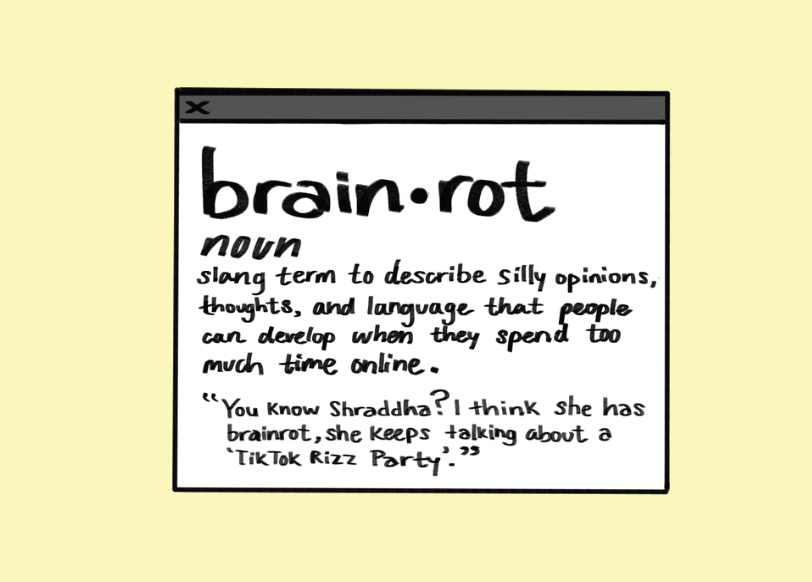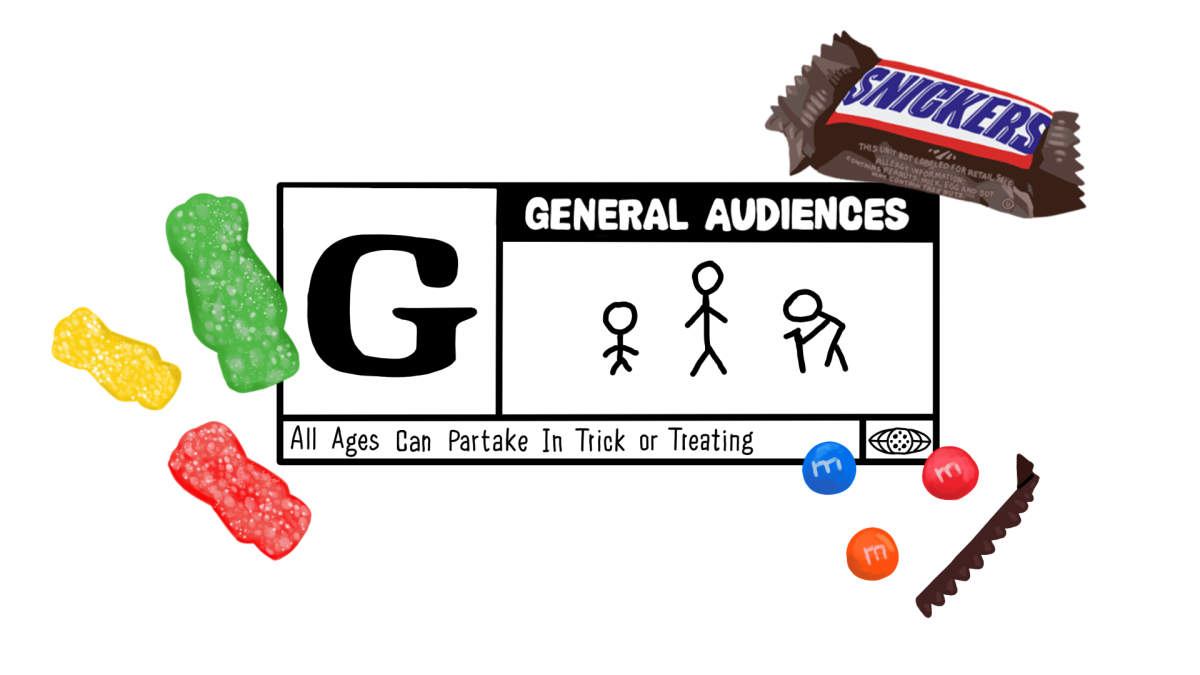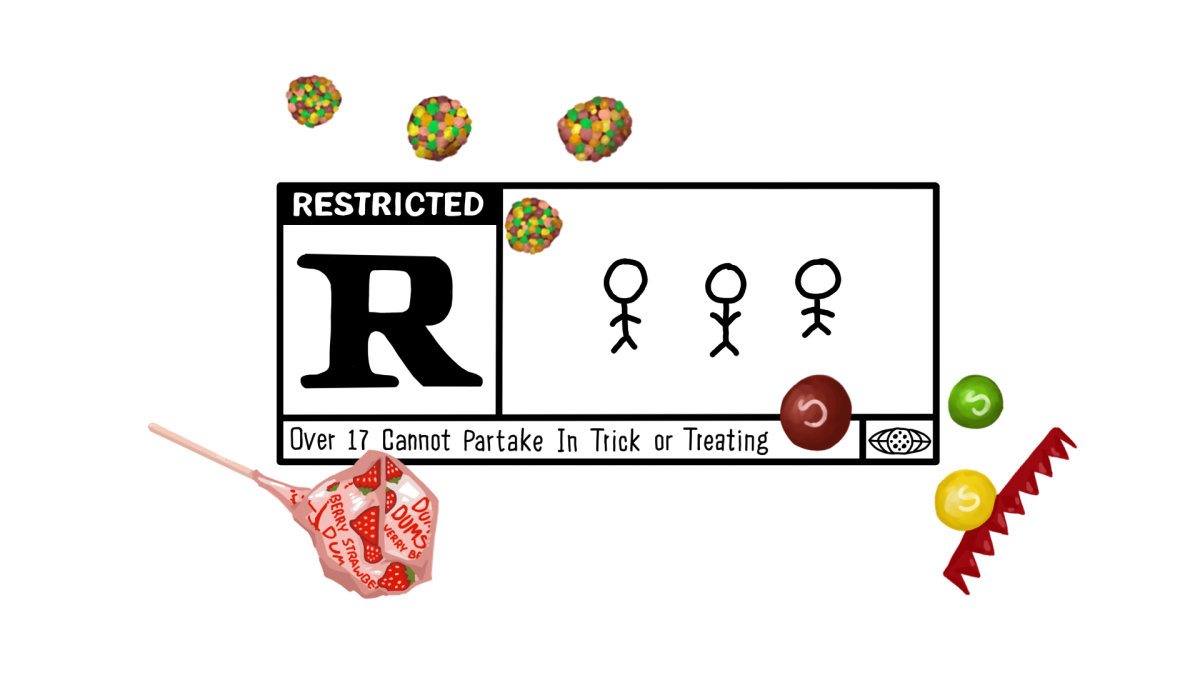Student loan forgiveness has become a contentious issue in recent years, as outstanding student loan debt in the United States has surpassed $1.7 trillion. With the costs of high education skyrocketing, too many recent graduates are burdened with thousands of dollars of debt before they even begin their careers. The United States should forgive all federal student loan debt to promote equality and benefit the economy.
Student debt exacerbates socioeconomic and racial disparities. Wealthier students inherently carry less debt, whereas minorities are frequently saddled with much more. Relieving all federal student loan debt will help bridge this wealth gap and promote equity. It is also worthwhile to note that getting a college education is often regarded as the “first step toward a better life” for middle and lower class individuals. But significant debt burdens often dissuade graduates, as they are forced to choose between two equally unsatisfactory options: the life they have right now, living paycheck to paycheck, or an almost futile chance at a better future through likely insurmountable debt. A student debt relief program would create equitable economic opportunities by allowing more people to fully benefit from the impacts of higher education.
But relieving all federal student loan debt has benefits beyond reducing inequality. This action will boost consumer spending and stimulate the economy as well. Faced with student debt, college graduates tend to delay major purchases such as buying cars or homes. Student debt relief could allow them to use their income towards consumer spending, sustaining the economy.
Above all, student debt relief is an investment in future generations. Making education affordable and accessible for the students of today supports their careers and future contributions to society, creating benefits that will last lifetimes. It is incumbent upon us as the present-day society to ensure a sustainable and equitable future for the students of tomorrow — we have a responsibility to do our part.
All that being said, there has been action taken by the government to alleviate student loan debt. Last year, for instance, U.S. President Biden announced the HEROES Act, a plan to forgive up to $10,000 of student loan debt for people making less than $125,000 per year. Over 26 million people applied for this plan before it was struck down by the Supreme Court, who decided 6-3 that the administration was overstepping its executive powers.
Yet the Supreme Court did not assess the merits of such a plan — they focused on whether the Biden administration had the legal authority to enact the plan under existing laws. If Congress decided to provide that authority, the HEROES Act or similar legislation would no longer be considered unconstitutional.
Ultimately, relieving all federal student loan debt is a step in the right direction towards a more equitable America.














